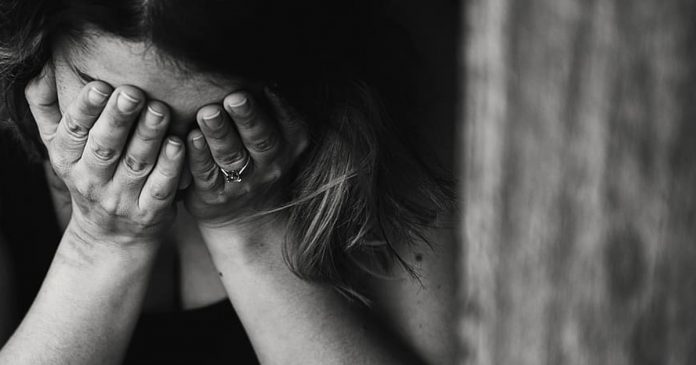A shocking new report reveals that hundreds of underaged Canadian girls have had their breasts surgically removed as part of so-called “gender affirming care” to accommodate their preferred gender identities.
The numbers were crunched by the Canadian Institute for Health Information and first reported by the National Post.
As of 2018, healthcare statistics show that 602 patients under the age of 18 were recorded as receiving a double-mastectomy. Nearly half, (303) were kids under the age of 17 with the lowest recorded age being 14-years-old.
The actual number of minors who have undergone life-changing surgeries to accommodate their gender identities is likely larger as private clinics that cater to transgender clients were not included. Additionally, Quebec hospital data were unavailable.
A doctor familiar who chose to remain anonymous to protect their professional reputation told the National Post that it’s concerning that the full data is unavailable.
“The fact that you can’t get the numbers from private clinics…. It’s very cloak-and-dagger,” said the physician.
“They’re still billing OHIP. That’s tax dollars. That should be publicly accessible information. We need to see these numbers and ask questions.”
The involvement of public funds and medical practice should concern the general public, the doctor added.
“If this was just about the schools, and just about kids being allowed to wear what they want and say what they want and be called whatever name they want and it stopped there, who would care? But medicine got involved,” the doctor told National Post.
To perform a double mastectomy, a surgeon cuts underneath the breast and reaches under the skin to remove the breast tissue, additional work is also done on the position of the nipples.
Despite concerns about the permanent effects such surgeries could have on minors who might change their gender identity at a later time, professional organizations are maintaining that this form of “gender affirming care” is critical to prevent suicide.
“(Denying care) can have negative consequences for some youth,” a SickKids Toronto spokesperson told the outlet.
“Decisions for care should be made by youth, their families and their health-care providers, who are best-positioned to support them.”

